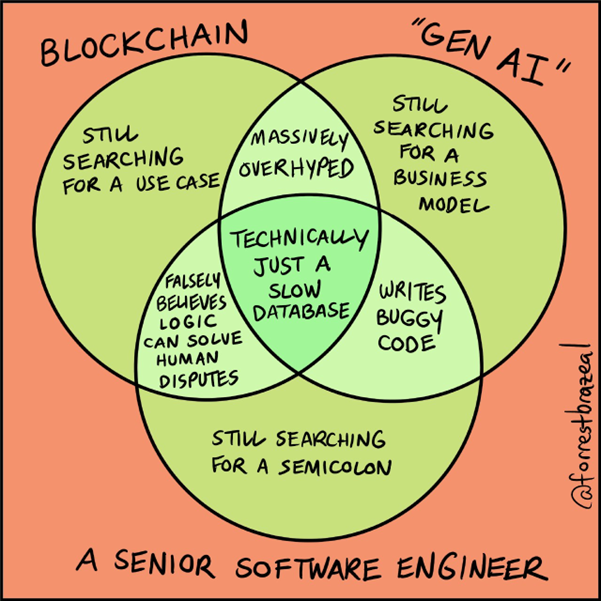N owadays, there is widespread concern that AI will take our jobs and leave us unemployed. However, I disagree. I believe AI will reduce our workload, making the 4-Hour Workweek a reality, especially for offshore workers.
AI is here to assist and enhance our productivity, not to replace our jobs. Let’s look at some examples:
The Introduction of Computers in the 80s : When computers were first introduced in the 1980s, there was significant opposition. People feared that automation would render humans irrelevant.
Robotic Process Automation (RPA) : When RPA was introduced, there was a perception that it would automate most manual tasks, leading to job losses for people performing repetitive tasks like report generation and data entry. Instead, RPA has optimized these mundane and error-prone tasks, acting as a validator and allowing employees to focus on more value-added activities.
Healthcare : Machines and technologies have become integral to healthcare systems worldwide, aiding in diagnosis, treatment, monitoring, and research. Despite predictions that people would self-diagnose using Google for minor health issues, doctors still advise against it. The human touch in healthcare remains irreplaceable. (For more on the dangers of self-diagnosis, see this article).
Accounting Software : Tools like QuickBooks and automated tax software have dramatically reduced the time required for traditional accounting tasks. Despite automation, accountants and bookkeepers remain indispensable, especially for navigating complex tax regulations and finding tax-saving opportunities.
3D Printing : 3D printing has the potential to disrupt traditional manufacturing processes, potentially reducing jobs in production and supply chain logistics. However, it hasn’t replaced mechanical designers and architects. Instead, it allows them to provide multiple designs promptly, enhancing their productivity and creativity.
Conclusion : From the examples above, it’s clear that AI is often marketed as a silver bullet to solve all problems, but in reality, it is a tool that aids in daily tasks. AI and software bots will handle manual jobs, complementing the human workforce and boosting productivity and efficiency.

While these technologies have led to job displacement in some sectors, they have also created new opportunities requiring new skills and expertise. The net impact on employment varies across industries and regions. The focus has shifted towards reskilling and upskilling the workforce to adapt to technological advancements.
“In conclusion, AI is not going to take your job; rather, it will ease your workload, allowing you to increase your efficiency and the quality of your work.”





